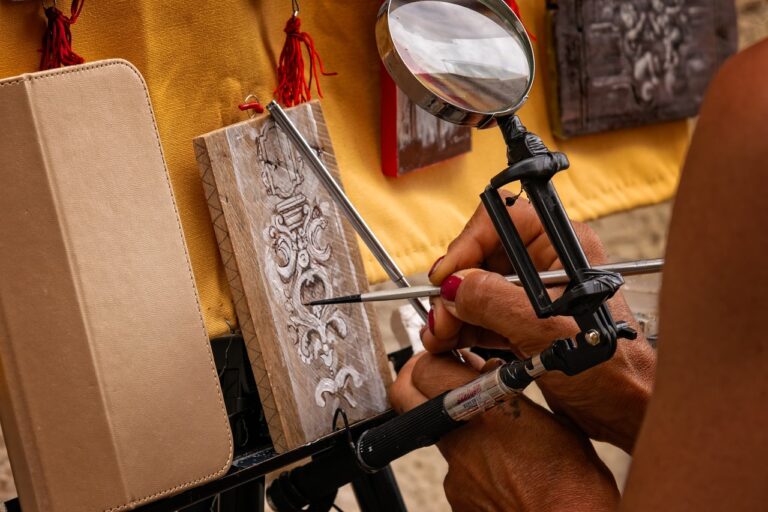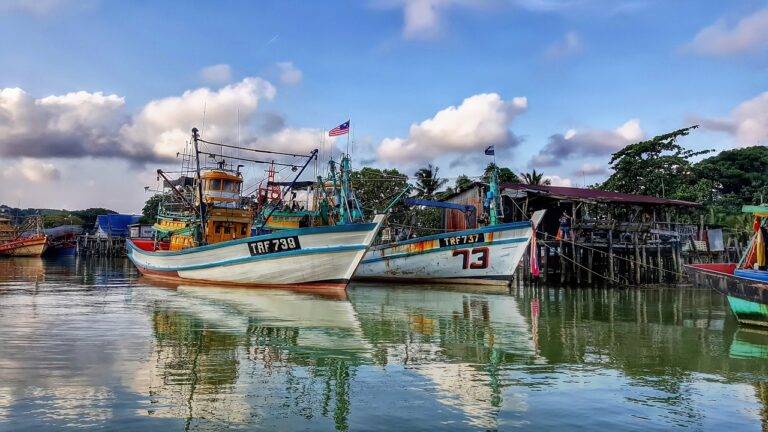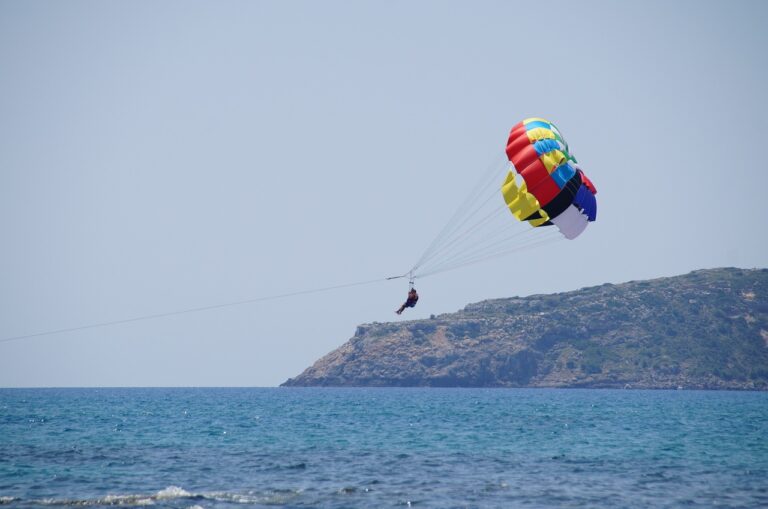The Impact of Cultural Survival on Indigenous Screenwriting: Allpanel 777.com, Laser book 247, 99exch.com login
allpanel 777.com, laser book 247, 99exch.com login: The Impact of Cultural Survival on Indigenous Screenwriting
Have you ever wondered about the importance of cultural survival in the realm of indigenous screenwriting? The impact of preserving indigenous cultures goes far beyond just storytelling on the big screen. It plays a vital role in shaping narratives, amplifying voices, and preserving traditions for future generations. Let’s explore the significance of cultural survival on indigenous screenwriting.
Preserving Authenticity
One of the most significant impacts of cultural survival on indigenous screenwriting is the preservation of authenticity. Indigenous screenwriters draw from their own lived experiences, cultural backgrounds, and traditions to create authentic stories that resonate with their communities. By upholding their cultural values and practices, indigenous screenwriters bring a unique perspective to the storytelling landscape, enriching the overall cinematic experience for audiences worldwide.
Amplifying Indigenous Voices
Another crucial aspect of cultural survival in indigenous screenwriting is the amplification of indigenous voices. By sharing their stories through film and television, indigenous screenwriters have the opportunity to reclaim their narrative and challenge harmful stereotypes perpetuated by mainstream media. This empowerment not only allows indigenous communities to see themselves represented on screen but also fosters a greater understanding and appreciation for their cultures among non-indigenous audiences.
Preserving Traditions
Cultural survival in indigenous screenwriting also plays a pivotal role in preserving traditions for future generations. Through the act of storytelling, indigenous screenwriters can pass down ancestral knowledge, language, and customs to younger members of their communities. By documenting and sharing these traditions on screen, indigenous screenwriters ensure that their cultural heritage continues to thrive and evolve in a rapidly changing world.
Championing Diversity and Inclusion
The impact of cultural survival on indigenous screenwriting extends beyond just preserving indigenous culturesit also champions diversity and inclusion in the entertainment industry. By elevating indigenous voices and perspectives, indigenous screenwriters contribute to a more diverse and representative media landscape. This inclusivity not only benefits indigenous communities but also fosters a greater sense of empathy, understanding, and unity among audiences of all backgrounds.
Fostering Collaboration and Mentorship
Cultural survival in indigenous screenwriting fosters collaboration and mentorship within indigenous communities. By supporting emerging indigenous filmmakers and screenwriters, established creators can pass down their knowledge, skills, and resources to the next generation. This mentorship creates a supportive network that empowers indigenous storytellers to share their voices and make a lasting impact on the industry.
Embracing Innovation and Experimentation
Finally, cultural survival in indigenous screenwriting encourages innovation and experimentation in storytelling. Indigenous screenwriters are not bound by traditional storytelling conventionsthey have the freedom to explore new narrative techniques, visual styles, and thematic elements that reflect their unique perspectives and experiences. This creative freedom allows indigenous screenwriters to push boundaries, challenge expectations, and redefine the art of storytelling for generations to come.
In conclusion, the impact of cultural survival on indigenous screenwriting is profound and far-reaching. By preserving authenticity, amplifying voices, preserving traditions, championing diversity and inclusion, fostering collaboration and mentorship, and embracing innovation and experimentation, indigenous screenwriters play a crucial role in shaping the future of storytelling. Through their powerful narratives and rich cultural heritage, indigenous screenwriters continue to inspire, educate, and entertain audiences around the world.
FAQs
Q: Why is cultural survival important in indigenous screenwriting?
A: Cultural survival in indigenous screenwriting is crucial for preserving authenticity, amplifying indigenous voices, preserving traditions, championing diversity and inclusion, fostering collaboration and mentorship, and embracing innovation and experimentation in storytelling.
Q: How can I support indigenous screenwriters?
A: You can support indigenous screenwriters by watching their films and television shows, attending screenings and film festivals that showcase indigenous talent, advocating for more diverse and inclusive representation in the entertainment industry, and amplifying indigenous voices on social media and other platforms.
Q: What are some examples of successful indigenous screenwriters?
A: Some examples of successful indigenous screenwriters include Taika Waititi (Maori), Sterlin Harjo (Seminole/Creek), Alanis Obomsawin (Abenaki), and Warwick Thornton (Kaytetye).
Q: How can indigenous screenwriting contribute to cultural revitalization?
A: Indigenous screenwriting contributes to cultural revitalization by preserving traditions, passing down ancestral knowledge, reclaiming narratives, challenging stereotypes, and fostering a greater sense of pride, empowerment, and unity within indigenous communities.
Q: What is the future of indigenous screenwriting?
A: The future of indigenous screenwriting is bright and promising, with more opportunities for indigenous storytellers to share their voices, challenge conventions, and make a lasting impact on the industry. Through collaboration, mentorship, and innovation, indigenous screenwriters will continue to shape the future of storytelling for generations to come.







